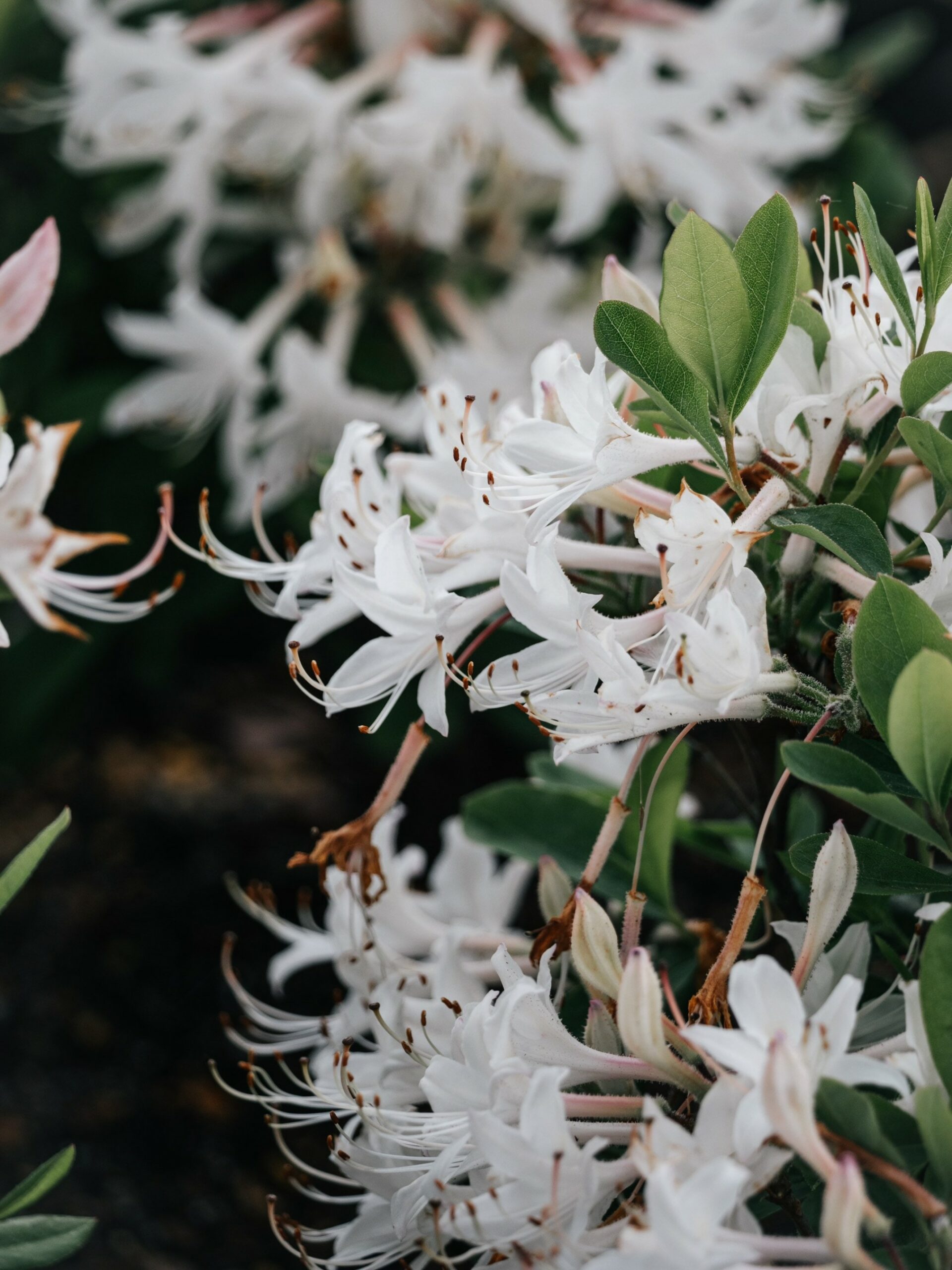Coastal Azalea: A Vibrant Addition to Your Garden
The coastal azalea, a stunning flowering shrub, is a popular choice for gardeners seeking a burst of color and natural beauty. Native to the southeastern United States, this hardy plant thrives in coastal regions and can also be grown in various garden settings.
Key Characteristics of Coastal Azaleas
Coastal azaleas are known for their vibrant, showy flowers that bloom in a range of colors, including pink, red, purple, and white. These flowers are typically funnel-shaped and attract pollinators such as bees and butterflies. The plant’s glossy, evergreen foliage provides year-round interest, even when not in bloom.
Growing Coastal Azaleas
To successfully grow coastal azaleas, it’s essential to provide them with the right growing conditions. These plants prefer acidic, well-drained soil and partial shade. While they can tolerate full sun, excessive heat can stress the plants and cause their foliage to scorch.
Planting Coastal Azaleas
When planting coastal azaleas, it’s crucial to dig a hole that is twice as wide as the root ball and slightly deeper. Gently remove the plant from its container and place it in the hole, ensuring that the top of the root ball is level with the surrounding soil. Backfill the hole with a mixture of acidic soil and peat moss, and water thoroughly.
Caring for Coastal Azaleas
Proper care is essential for the health and vitality of coastal azaleas. Regular watering is necessary, especially during dry periods. However, avoid overwatering, as this can lead to root rot. Mulching around the base of the plant can help conserve moisture and suppress weed growth.
Pruning Coastal Azaleas
Pruning coastal azaleas is best done immediately after flowering. Remove any dead, diseased, or crossing branches. Light pruning can help shape the plant and encourage bushier growth. Avoid heavy pruning, as it can reduce flowering.
Common Pests and Diseases
Coastal azaleas are susceptible to a variety of pests and diseases, including aphids, scale insects, and fungal infections. Regular monitoring and timely treatment can help prevent and control these problems.
Conclusion
Coastal azaleas are a beautiful and versatile addition to any garden. By providing them with the right growing conditions and care, you can enjoy their vibrant blooms for many years to come.

